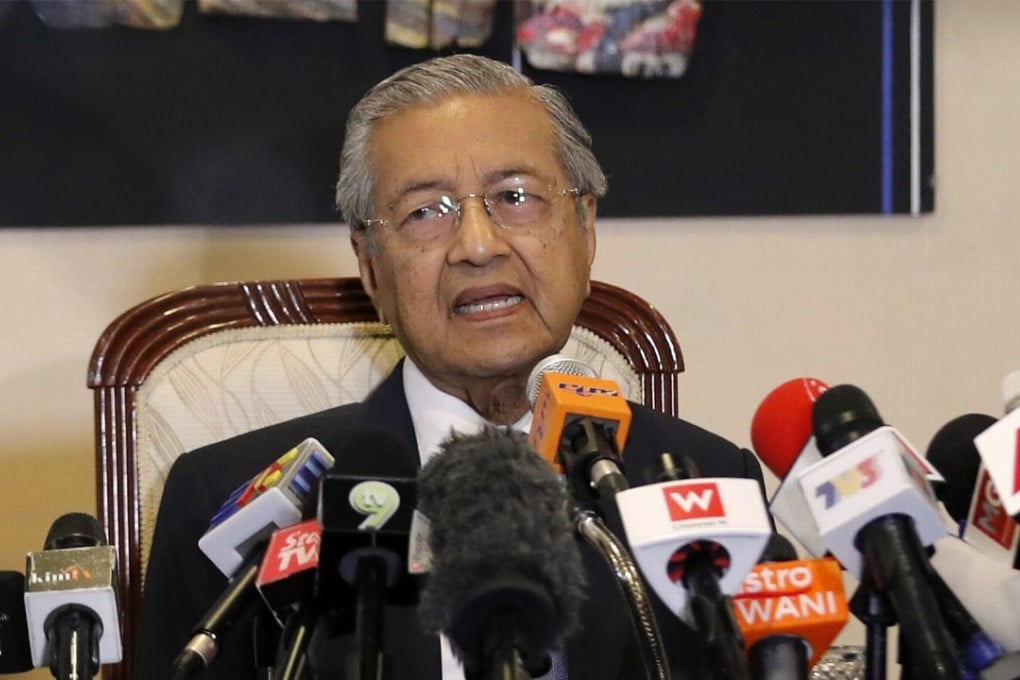Advertisement
Can Malaysia’s new government root out corruption and ensure justice is served?
Philip Bowring says Malaysia’s new ruling coalition faces many challenges, not least a legacy of systemic sleaze as well as economic malaise, ethnic tensions, maintaining good relations with China and the potential for internal dissent
Reading Time:4 minutes
Why you can trust SCMP

An electoral tsunami swept away Malaysian prime minister Najib Razak, ending 60 years of rule by the United Malays National Organization (Umno). The outcome was welcomed at home as well as abroad – viewed as a democratic system asserting itself against corruption and erosion of the rule of law, and perhaps presaging the decline of race-based politics.
Enthusiasm, though, is tempered by questions about the new ruling government – a disparate four-party coalition headed by 92-year-old former Prime Minister Mahathir Mohamad, a former physician with a limited record of compromise. The tsunami resulted from a mixture of factors including Mahathir’s personal appeal; economic grievances straddling all races, comprising Malay, Chinese, Indian and others; a desire for more inclusive politics, particularly among urban Malays; and resentment against greed and arrogance of Umno’s leadership.
Race and religion-based politics remains alive, indeed represented by Mahathir himself as creator of the Malay Parti Pribumi Bersatu Malaysia, a breakaway from Umno he led for two decades.
Advertisement
The coalition’s cohesion and durability will be determined in large part by relations between Mahathir and his former deputy Anwar Ibrahim. The king pardoned Anwar, who was released on May 16 from jail after being found guilty of dubious sodomy charges.
Advertisement
Mahathir has promised to pass leadership to Anwar within two years, and Anwar and his team may try to bring their policies to bear soon. In principle, the People's Justice Party (PKR) – founded by Anwar – should be able to work with the second-largest party, the predominantly Chinese Democratic Action Party.
Advertisement
Select Voice
Select Speed
1.00x